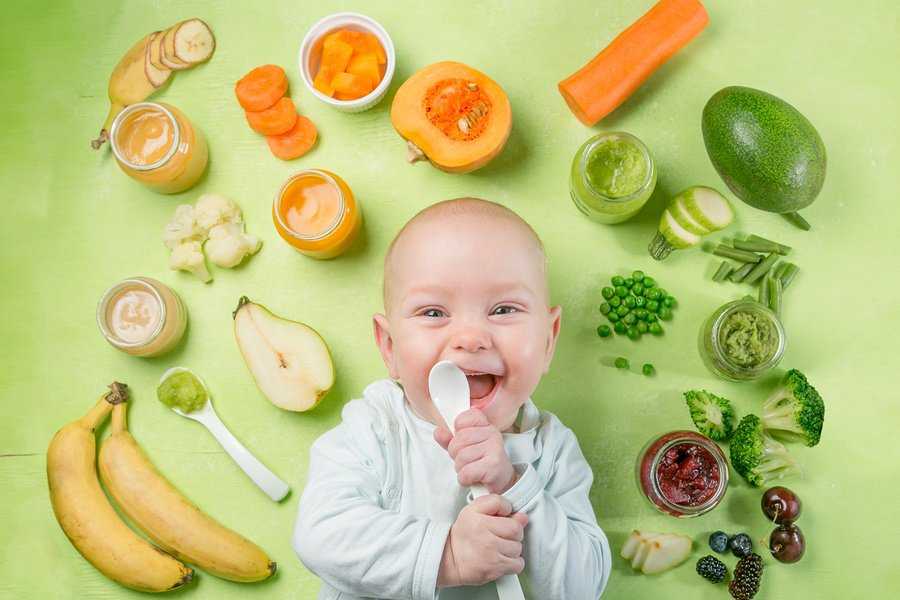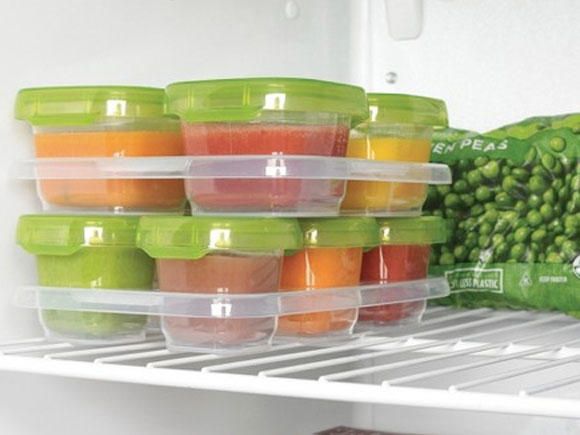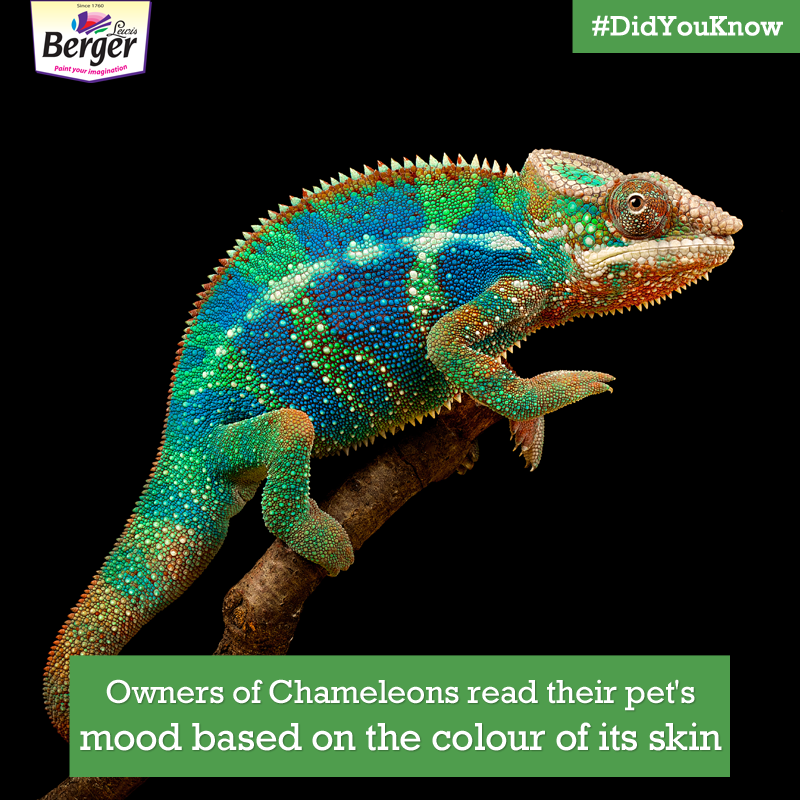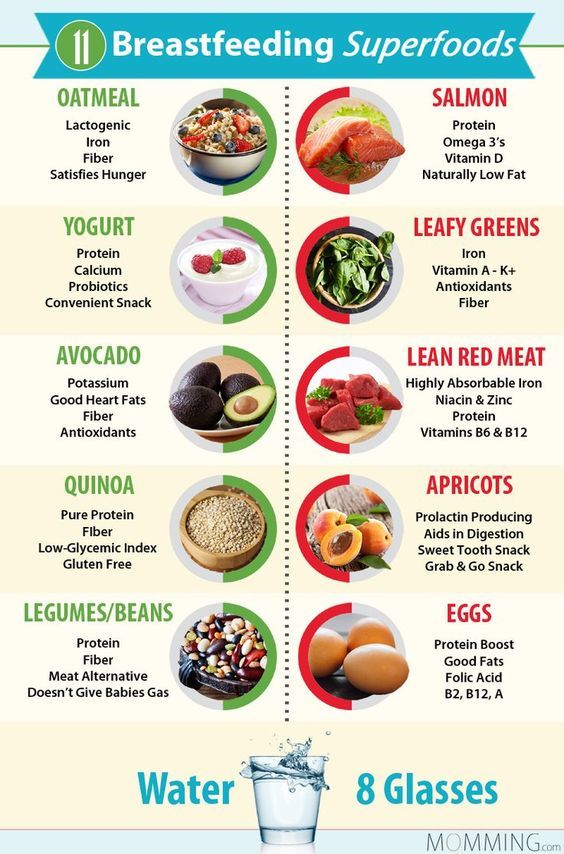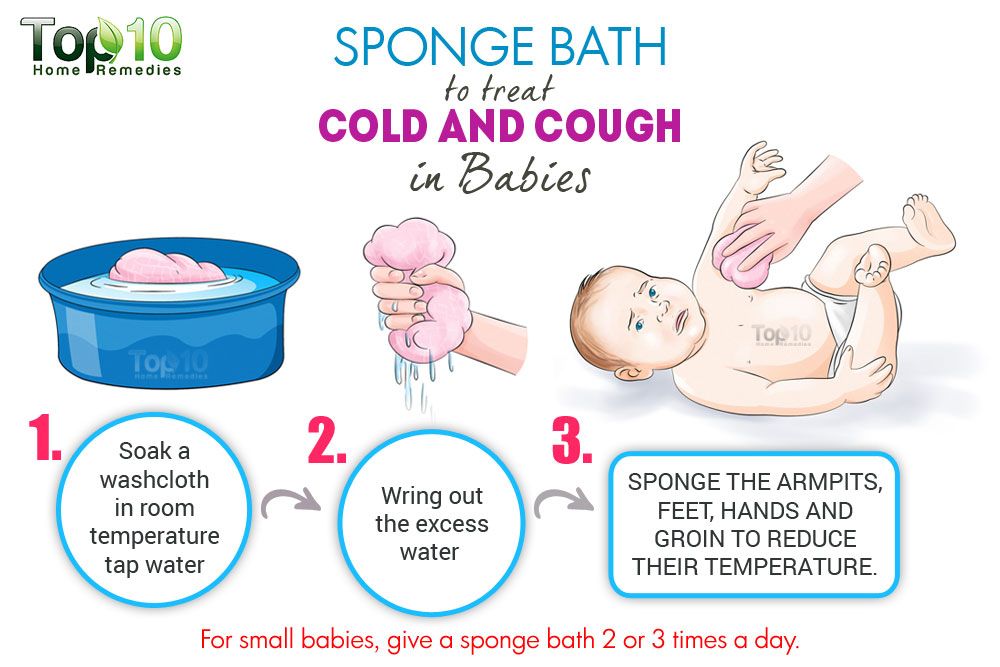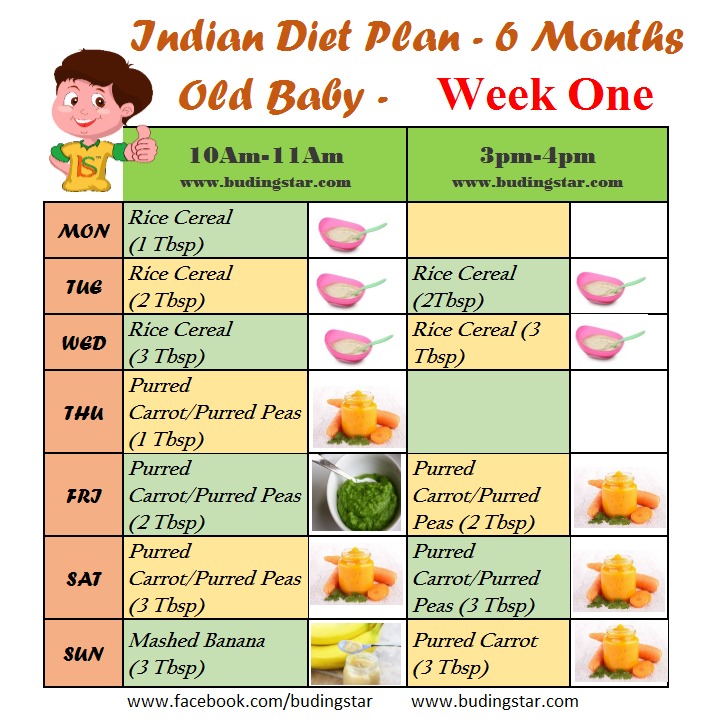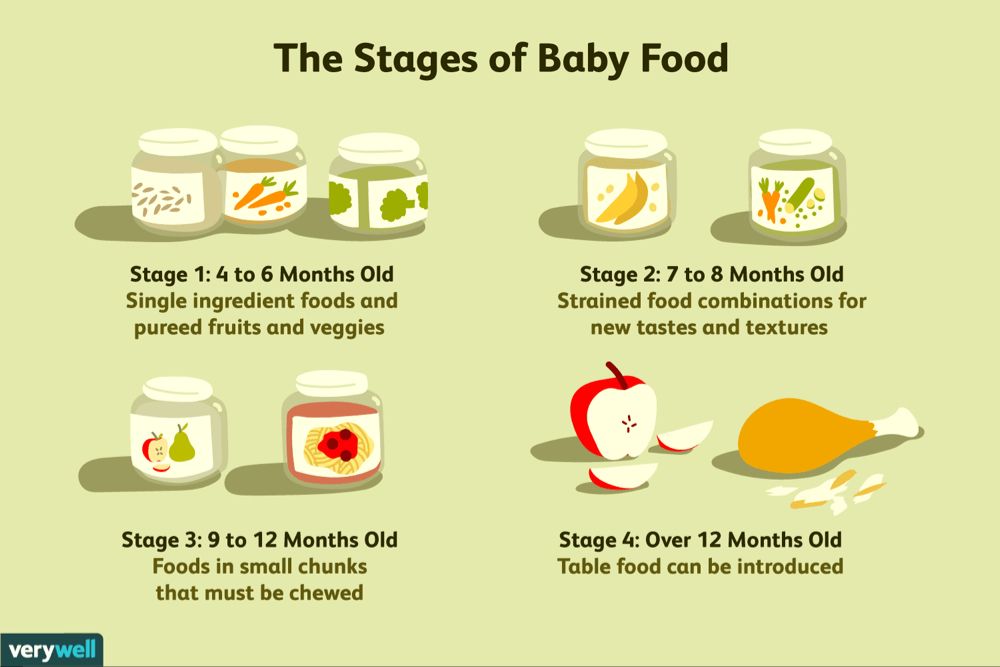Nigeria baby food
20 NIGERIAN FOOD FOR BABIES 6 MONTH ON
Our list of 20 Nigerian food for babies from six months to eat
These are 20 Nigerian food for babies 6 months on.
The list is given with links to recipes in case one needs to learn how to cook these foods. They are good foods to introduce to a six-month-old. From six months, we are encouraged to start giving our babies solids even though I start earlier though.
Watch me prepare homemade baby food for my little one.
There are so many Nigerian foods for babies that can be fed 6-month-olds, loaded with nutrition. New parents sometimes think that processed canned foods are the best. yes, they are the best when you cannot find another alternative.
Here is a video of me making soya bean baby food at home. You can watch and use it if you like the recipe.
Also, learn how to make soya beans baby food from scratch with few ingredients.
If you have a kitchen, with pots and foodstuff, then there is no need for struggling with semi-solid canned foods. Canned baby foods have saved lives since and before we were born but they are not the best because to increase shelf life, sometimes preservatives are added, and to make them appealing to babies and parents or caregivers, artificial colors are also added most times.
I cannot sit here and condemn canned baby food. Nor judge you for feeding your six-month-old processed foods because they are not poison. They are food but not the best when compared with fresh foods. If you can, cook for your six-month-old or reduce the hotness.
PEPPER OR NO PEPPER IN BABY FOOD
Nigerians love spicy hot foods and these and that’s not bad but bad when you feed them to a six-month-old.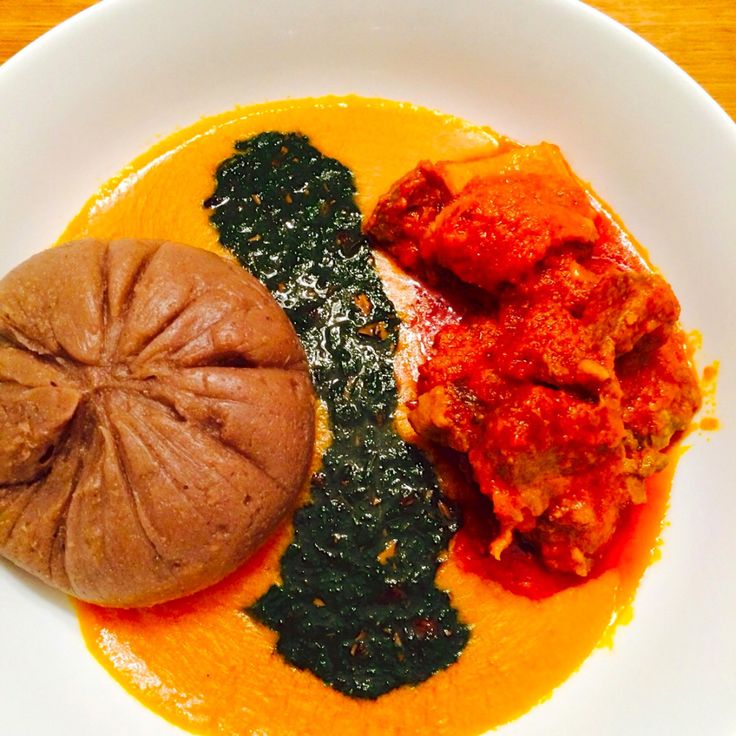
What I did when my kids got to that age was make my pepper sauce that’s already well cooked and store in the freezer. When cooking, the pepper container is brought out and kept to wait.
No pepper or very little is added during cooking. Once the food is almost ready, all ingredients have been added, we scoop out a small quantity into another cooking pot before adding more peppers to the general pot.
That way, the baby eats the same food everyone is eating without problems. It helps save money when at six months, babies are given solid foods served the whole family.
If you have more than one kid, you’d probably have observed that some children prefer cooked foods to the ones labeled baby food at stores. Some babies are just that way and there’s nothing anyone can do. MANY BABIES IN NIGERIA ENJOY HOMEMADE BABY FOOD
HOME COOKED MEALS?
We once had a neighbor who didn’t want her baby to eat local foods, wanted to try her best to make baby love foreign but for where.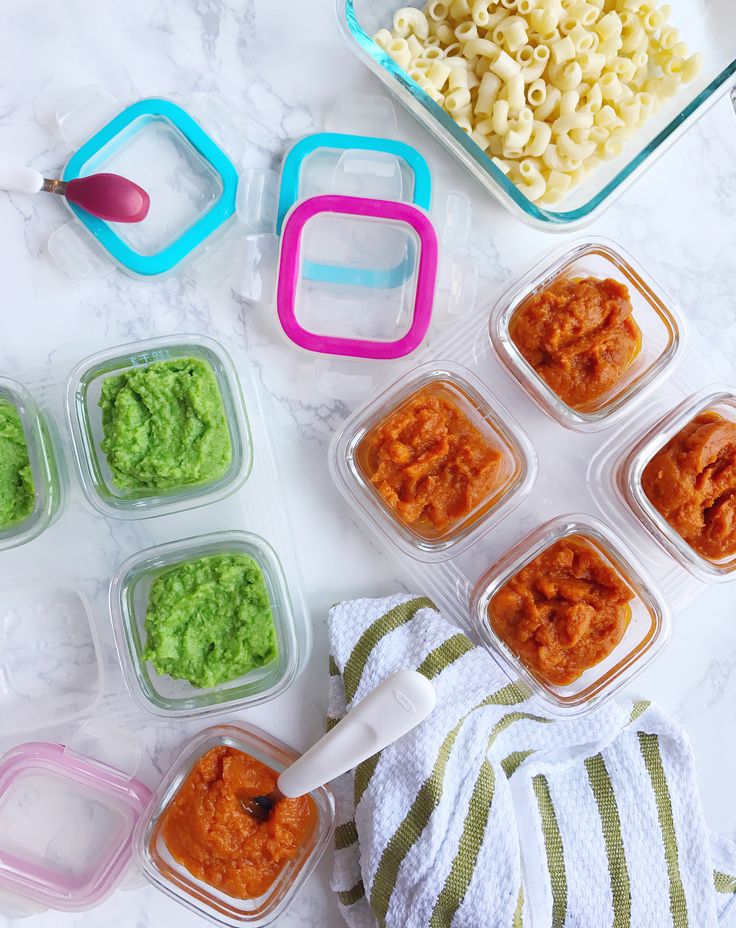
can of pureed this and pureed that she bought remained opened and wasted while the little baby cried for local foods like yam, plantain, and even fufu swallows every time sweet baby sighted an adult eating.
This lovely privileged baby is ready to kick her can of food away and rush to the person eating ordinary low-cost Nigerian food.
At a point, mom got tired and gave up. Baby won as she starts getting the freedom to eat what other members of the family enjoy. There are babies who love these posh things kind of and can take feeders for up to three years if they are given.
There are also some like my boy who preferred cooked baby food to breast milk and weaned himself at nine months in preference for food served on the dining table. Moms like me would even love it when kids prefer breast milk and quick-mix foods because that saves time.
Cooking can be time-consuming sha but what can we do? Feed the little babies well and enjoy their happy company. At this age, the baby is still fed breast milk and cereals while being introduced to these solid foods.
SOLID NIGERIAN FOOD FOR BABIES IN NIGERIA
- Unripe banana ikokore wrapped with ugu leaves.
- Water Yam ikokore wrapped with green vegetables but not uziza.
- Boiled and mashed unripe plantain with stew.
- Mashed yam porridge>
- Irish potato porridge>
- Beans and sweet potato porridge.
- Boiled ripe plantain with beans.
- Boiled ripe plantain with stew.
- Bread and beverage. Dip tiny pieces of bread in a beverage (Nigerian tea) and feed the baby.
- Coconut milk moi moi.
- Semo with okra soup.
- Eba with ogbono soup.
- Wheat with vegetable ogbono soup is great for babies in Nigeria.
- Coconut rice cooked soft.
- Fried rice cooked soft or mashed after cooking.
- Jollof rice cooked soft with little or no pepper.
- Noodles for babies parboiled before cooking (Parboil and throw away the water before stir-frying with vegetables).
- Macaroni Jollof.

- Spaghetti Jollof.
Palm oil rice and beans one pot cooked soft.
HOW TO MAKE BABY FOOD WITH FAIRLY RIPE PLANTAIN
INGREDIENTS FOR BABY FOOD PLANTAIN:
- 2 fairly ripe plantains
- salt to taste
- Ground dried fish. You can debone your dried fish and grind yourself using the blender in your kitchen.
Water for blending and that is all.
The only items needed to make these baby food are A blender for the plantains, a non-stick pot, or a heavy-based cooking pot so that it doesn’t start to burn. A stirring spoon or spatula, Your gas cooker or stove, and some clean water
To MAKE BABY FOOD WITH PLANTAIN, Use fairly ripe plantain. You can use unripe plantain but they enjoy the fairly ripe ones more.
Please know that very ripe plantains are still ok but the fairly ripe ones taste better as they are not too sweet.
- First, wash and peel the plantains.
- Chop into tiny pieces and blend and pour into a clean bowl.
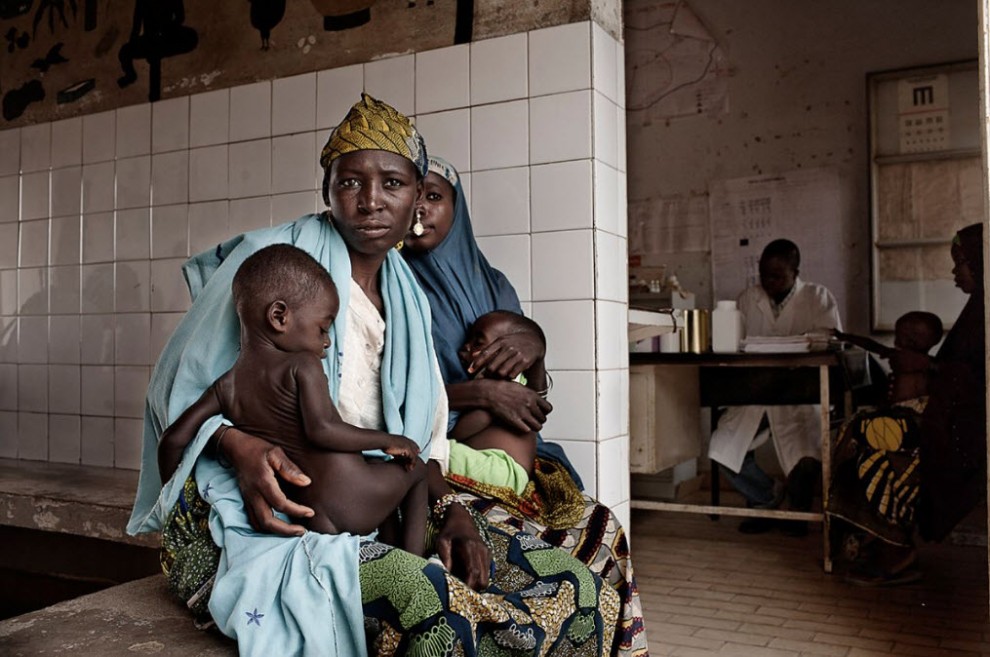
- Next, add a little oil and salt, stir very well.
- Add some ground dried catfish and mix. Check for salt and add a little if needed.
- Finally, wrap the blended fairly ripe plantain in broad leaves also known as moi moi leaves and steam. To steam this plantain meal for babies, you need to place some stones or gauze. You can place anything that prevents the blended plantain wraps from sitting directly on the water.
- Finally, place the pot on the stove, add some boiling water to the bottom of the pot and cover to cook. The water shouldn’t touch your plantain wraps.
Another method of making this baby food with plantains is to drop a little oil in the pot.
- Add the blended plantains, salt, and ground dried fish.
- Then stir continuously until it’s done.
- Blended fairly ripe plantain cooks really fast. You can break for a couple of seconds while stirring, and then resume and break again just like that until it quickly cooks.
 Wash your hands and feed the little ones.
Wash your hands and feed the little ones.
If you make this meal and your baby doesn’t ask for more, please tell us below. This baby food is loved by every Nigerian baby that has tried it. No parent has given any feedback that their baby did not enjoy this delicious plantain baby food.
Homemade baby food is the best for your baby if you have the time. Making baby food yourself, helps you experiment with variety, and come up with a list of the foods your child enjoys eating and the ones he doesn’t like.
When you create time for homemade baby food, it’s easier to identify what ingredient your child reacts to if he has any food allergies.
Because you are adding the baby food ingredients yourself, in the case that there is an allergy to food, you quickly start withdrawing some ingredients until you discover the ones to completely delete from the recipe and another important thing about homemade baby food is that you can come up with your own customized baby food exclusively for your little one due to what he loves to eat.
Every child is different. Making baby food for your child gives that cute baby the opportunity to enjoy special meals that other kids may not be privileged to eat.
CONCLUSION ON NIGERIAN FOOD FOR BABIES:
Our list of homemade Nigerian food for babies is very organic. The food is not processed, cooked without artificial colors. When we make baby food colorful, we blend sweet red bell peppers or use palm oil to create bright colours. We also add color with tomatoes. Not forgetting that these tomatoes, palm oil, or tatashey (sweet red bell peppers) don’t go well with all foods.
We add only to recipes that taste better with them. Homemade Nigerian baby food is the best for any baby. Organic foods are the best baby foods anywhere right now. If you cannot find the time to cook homemade baby food always, you can just include them whenever it’s ok but, make sure that from time to time, your baby is fed with homemade (home-cooked) baby food.
This 20 Nigerian food for babies from 6 months on is loaded with variety to take your baby for as long as you want.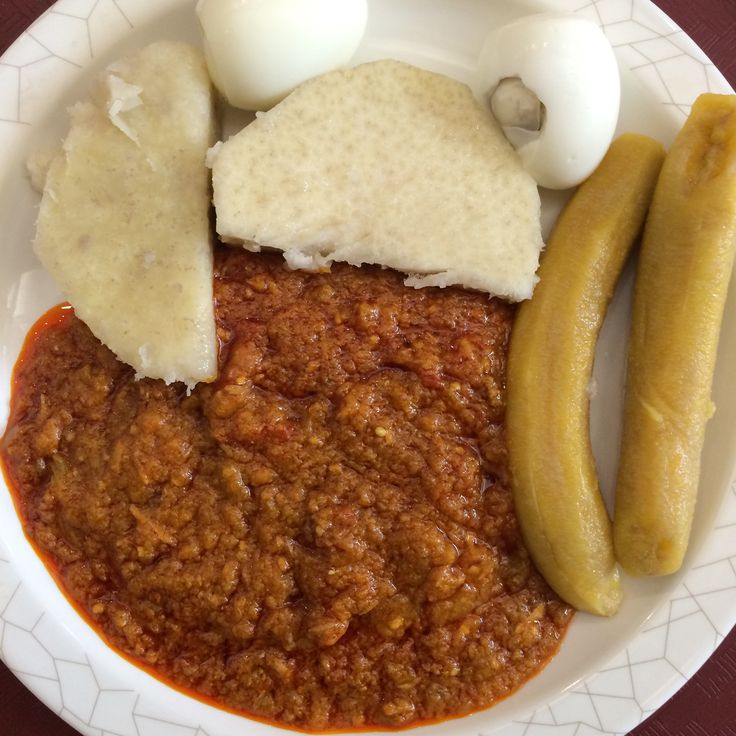
SEE ALSO: Naming ceremony outfits in Nigeria
Can you think of any other Nigerian foods good for six-month-olds? Please share by leaving a comment below. If you find this post useful, kindly share to enable more people to find it.
Try these recipes
- Foods to eat during pregnancy in Nigeria
- Can I add sugar to pap for my baby?
- Health benefits of moi moi and pap
YOU MIGHT LIKE THESE TOPICS
- How to properly boil ripe plantains
- Fairly ripe plantain and yam porridge
- Egg tomato stew with plantains
8 Healthy Nigerian Foods for Babies
Home Food & Drink 8 Healthy Nigerian Foods for Babies
Babies are required to take breastmilk for, at least, the first six months of their lives, and after that, most mothers are ready to introduce them to other foods. But babies cannot just eat anything. They require food with a lot of nutrients that would help them grow strong. They also need food that would be easy for them to eat, because they do not have teeth.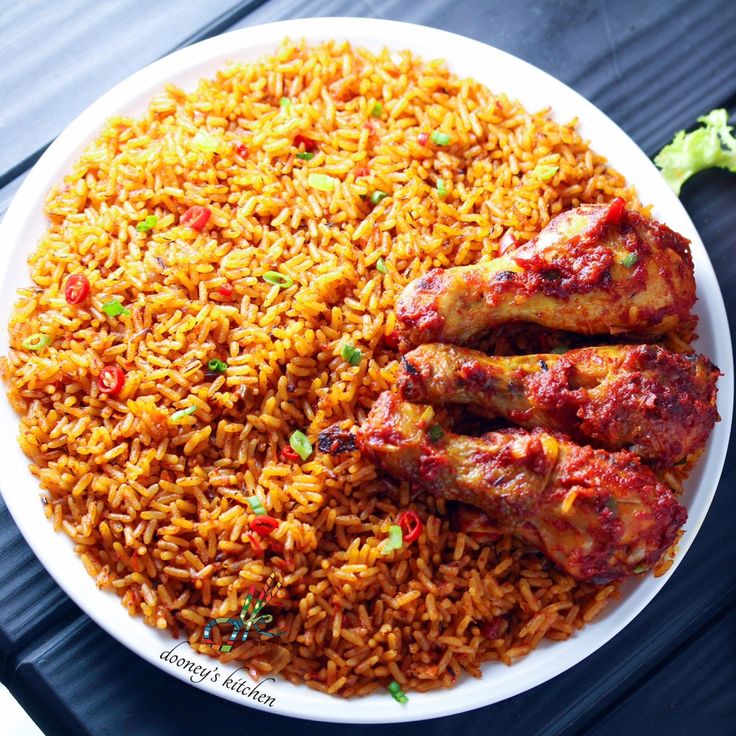 So, babies need something soft and easy to digest. That is why you should not just give a baby anything. The fact that its soft and easy to digest does not make it good for the baby.
So, babies need something soft and easy to digest. That is why you should not just give a baby anything. The fact that its soft and easy to digest does not make it good for the baby.
In today’s post, we would be looking at some healthy Nigerian foods you can introduce to your baby.
1. CustardCustard is one of the popular foods for babies and there are a few reasons why. The first is that custard is very affordable. Unlike other baby foods that are very pricey and are only available in big sizes, custard is quite cheap and you are bound to find a range that would fit your budget. Another thing that makes custard so great is how easy it is to make. Just mix some quantity with a little cold water and pour boiling water into it for it have a gel-like consistency. But what really makes custard great for babies is that it is very nutritious. Some of the nutrients include fibre, carbohydrate, calcium, potassium, phosphorous, vitamins A, B, and C, and amino acids. These are all nutrients that your body requires while growing.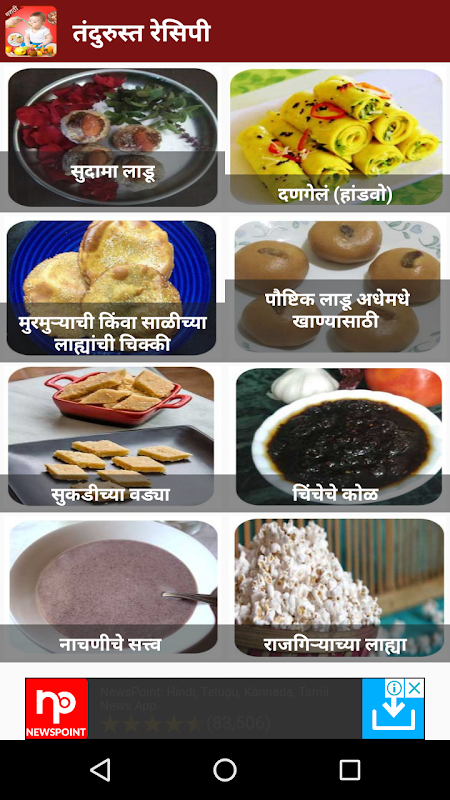 For example, fibre would help prevent constipation and promote a healthy but while calcium and phosphorous would give your child strong bones and teeth.
For example, fibre would help prevent constipation and promote a healthy but while calcium and phosphorous would give your child strong bones and teeth.
Remember to let it sit for some time before serving it to your child. You can add milk and sugar for taste.
2. PapPap is an alternative to custard and is even more affordable and easier to get. Pap is made from corn and millet and prepared exactly like custard. Pap contains a lot of fibre, carbohydrate, calcium, and other nutrients as well. So serving it to your baby would do their body a lot of good. Akamu or ogi is also very affordable and readily available. It is one of the most healthy Nigerian breakfast dishes.
3. OatsOats is also great for your baby, since they do not have to chew anything and also because it has a great taste. When it comes to nutritious value, oats is also up there as it is considered very healthy for your child. Oats is also quite easy to make, though the preparation is slightly different from that of pap or custard.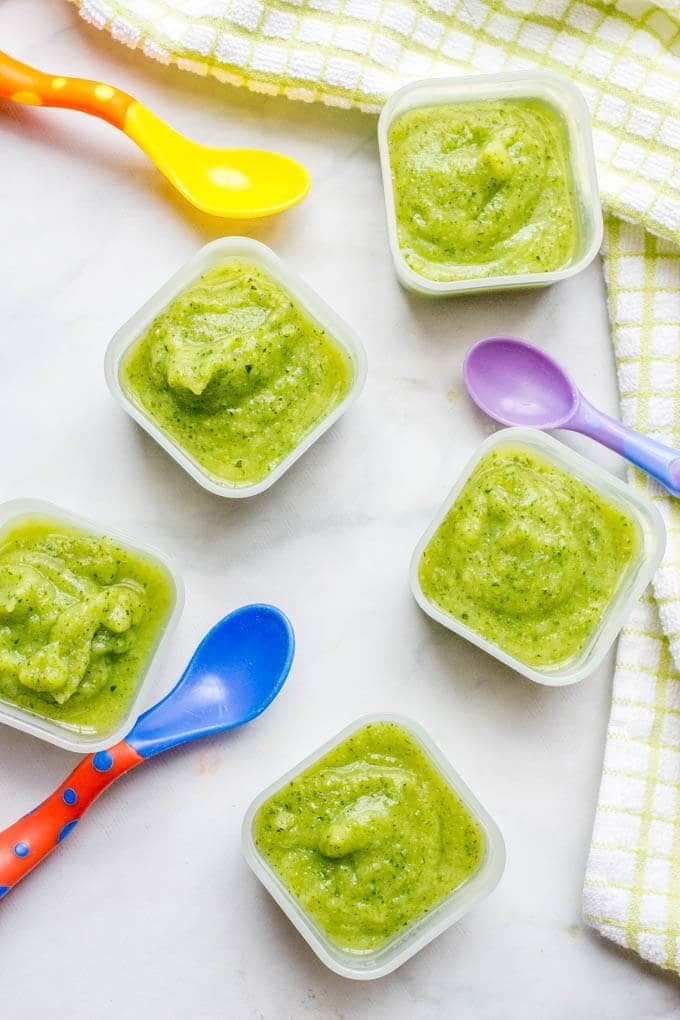 Incorporating oats to your baby’s diet is something you should definitely do. Oat is also one of the most healthy Nigerian cereals out there.
Incorporating oats to your baby’s diet is something you should definitely do. Oat is also one of the most healthy Nigerian cereals out there.
Your baby of six months is ready for bread and tea. But rather than serve it how you normally would, you should take your time out to cut the bread into tiny bits which you dip into the tea to make it easy to eat. The tea could be warm or cold. The most important thing is for the bread to be well-dipped so it can be soft enough for your child to eat.
5. NoodlesNoodles is also something you can serve to your child. One thing you should note, however, is to avoid adding spices in it for your child yet. You are also allowed to overboil the noodles just so it can be soft enough for the child to swallow since they cannot chew yet.
6. Mashed Potatoes and YamAnother thing you can give your growing child is potatoes or yam that has been mashed. This would make it easier to swallow and enjoy. You can also use this to introduce your child to more solid foods with time.
You can also use this to introduce your child to more solid foods with time.
Legumes should be definitely be part of the healthy Nigerian foods for babies. Beans are incredibly nutritious and an packed with many nutrients, including fiber, folate, magnesium, and plant-based protein. Beans are good food for babies because they are soft, can be easily pureed and nutrient-dense. You can also give brown beans to your infant or other Nigerian foods made up of mostly legumes like moin moin and okpa.
8. ChickenChicken is rich in protein and vitamin B6, and is an excellent animal protein source. It’s vital that babies begin to eat foods containing adequate amounts of protein to support their rapid growth. You can puree chicken, or mix it with vegetables and give your baby.
YOU SHOULD ALSO READ:
- Healthy Nigerian Foods for Ulcer Patients
- 10 Healthy Nigerian Foods That Are Rich in Fibre
- 15 Healthy Nigerian Foods With Low Cholesterol
- 10 Most Healthy Nigerian Foods for Weight Loss
Previous articleMorinda Lucida (Oruwo Leaves): Health Benefits and Effects
Next articleWhat Are Some Important Fitness Tips For Diabetics?
Collins Nwokolo
https://healthguide.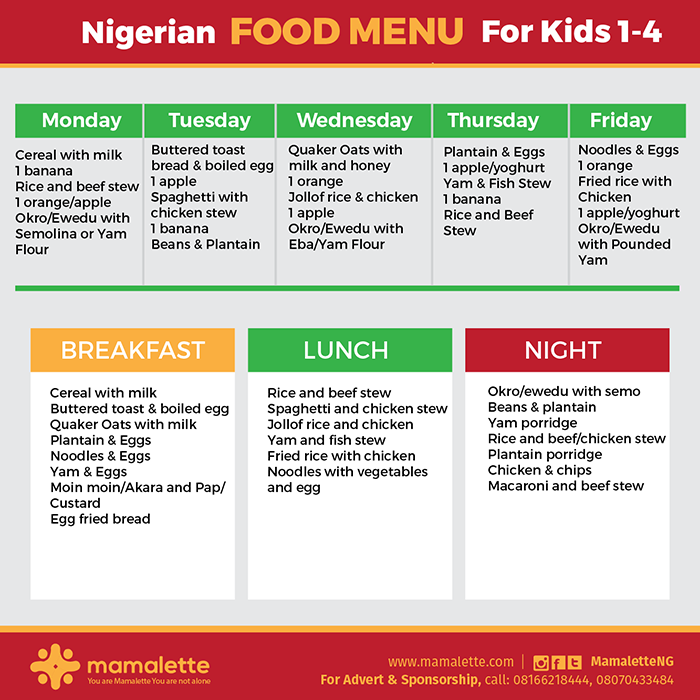 ng
ng
Collins Nwokolo is a human physiologist, writer and health enthusiast. He loves writing helpful articles on health and fitness, which he enjoys sharing with everyone.
Recent Posts
report this ad
Refworld | 10
Last update: Friday, December 30, 2022 08:20 GMT
- English
- | Español
- | Russian
- UNHCR
- Legislation
- Jurisprudence
- Country Information
- View
- Resources
- My Profile
- Homepage»
- Email the document to
- Print version
-
Nigeria is food insecure and the largest rice importer in Africa.
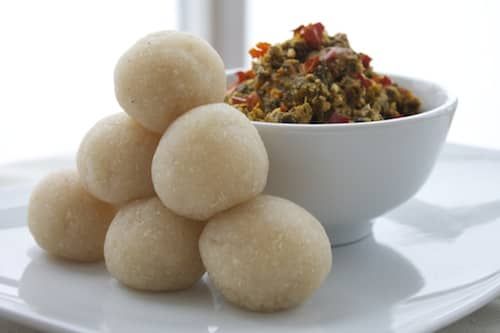
-
One third of children under five are stunted. This is twice as much as in Thailand and three times as high as in Tunisia.
-
A child from the remote northwestern region of Nigeria, where the prevalence of stunting reaches 55%, is four times more likely to be malnourished than his peer from the south. nine0057
-
At the same time, childhood obesity is on the rise, with 33% of the country's adult population suffering from obesity or overweight. It's about the same as Singapore.
-
About half of women of reproductive age (48.5%) suffer from anemia. According to this indicator, Nigeria ranks 172 out of 185 countries.
-
The conflict with Boko Haram in northeastern Nigeria has left much of the population without access to sufficient food, water and health care. nine0057
-
Movement of people, lack of access to many places, high inflation, reduced purchasing power of the population worsens the food security situation in northeastern Nigeria.
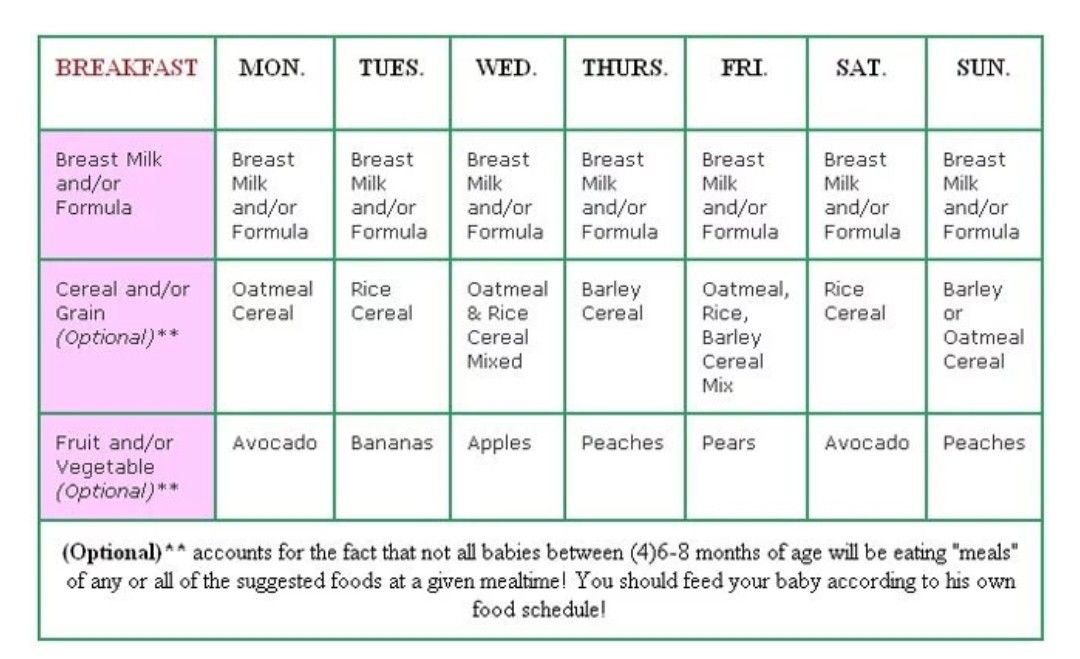
-
More than 3 million people are in need of urgent food aid as a result of the conflict with Boko Haram.
-
In March 2016, WFP began distributing cash assistance via mobile phones to displaced people and host communities. This gives them the opportunity to buy the food they need. nine0003
- Nigeria
- Humanitarian aid
- Right to food
UN: Approximately 4.5 million people in Nigeria need food assistance
24 August 2016, 06:52
/Corr. TASS Oleg Zelenin/. The number of people in need of food aid in Nigeria, where the standoff between government forces and militants of the extremist group Boko Haram continues, has doubled since March and reached 4.5 million people. This was announced on Tuesday by the UN World Food Program (WFP). nine0003WFP experts fear that the difficult situation in the economy of an African country may lead to the fact that the number of people in need may increase by another million as early as next month.
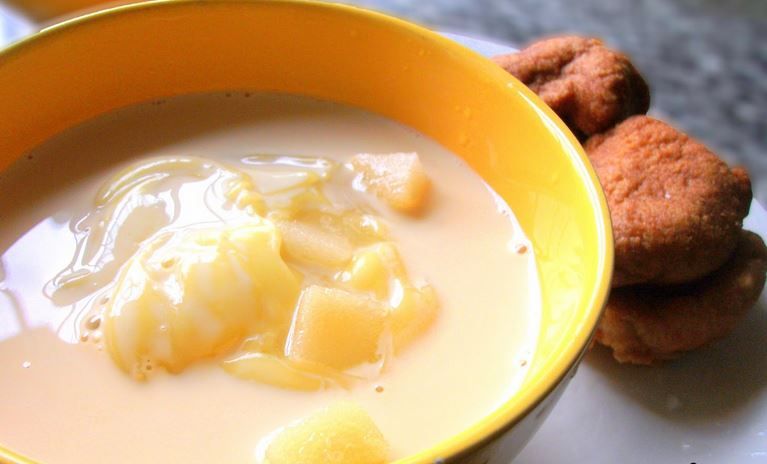 This forecast is based on a comprehensive analysis carried out by a number of UN humanitarian agencies.
This forecast is based on a comprehensive analysis carried out by a number of UN humanitarian agencies. Read also
The media reported the death of Boko Haram leader Abubakar Shekau
At the same time, the number of Nigerians who find themselves in conditions of an acute food crisis is estimated at one million people. They mainly live in the states of Borno, Yobe and Adamawa, on the territory of which Boko Haram militants conduct subversive activities. "People need food aid to survive. At the same time, more than 65,000 people living in the liberated (from militants - approx. Corr.), but still inaccessible areas of Borno and Yobe, according to our estimates, are threatened by starvation," experts warn . nine0003
"Everything points to a very dangerous situation," said WFP Regional Director for West Africa Abdu Ding. As aid workers reach outlying parts of the tri-state, he said, "there is likely to be a complete picture of hunger and devastation."
In the coming months, the World Food Program plans to help 700,000 people, including the delivery of 150,000 baby food kits.
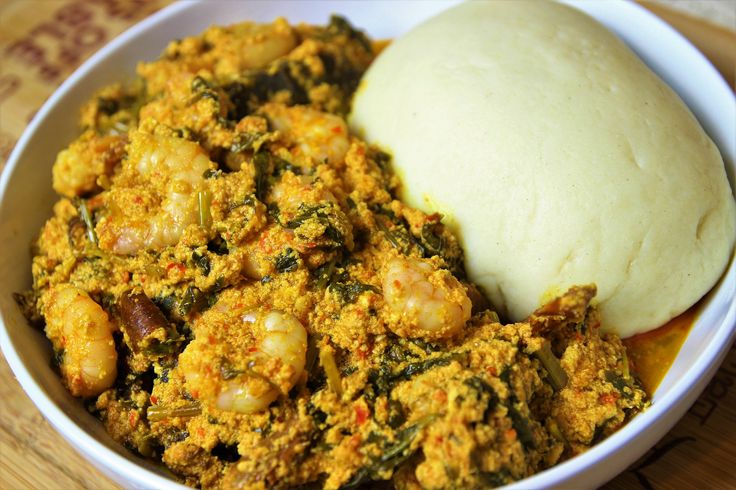 WFP says it will need more than $50 million for humanitarian operations in northeast Nigeria by the end of the year.
WFP says it will need more than $50 million for humanitarian operations in northeast Nigeria by the end of the year. The World Health Organization (WHO) has also announced plans to step up efforts to help people in Nigeria. According to her, more than half of the medical facilities in the state of Borno are not functioning, and the death rate is four times higher than that typical for emergencies. On August 19, a team of WHO experts arrived in the city of Maiduguri in northeastern Nigeria to assess the situation in the region and develop an effective plan for responding to a humanitarian disaster provoked by extremist activities. nine0003
Boko Haram (Western education is a sin in Hausa) is a group operating in northern and northeastern Nigeria. The group seeks the creation of an Islamic caliphate and the introduction of Sharia (Islamic law) throughout the country. She opposes Western education, democracy and the principle of separation of powers, as well as the wearing of Western clothes and all other elements of "alien" culture.
